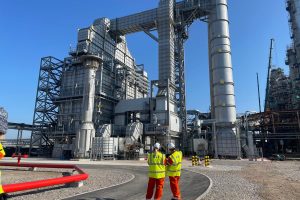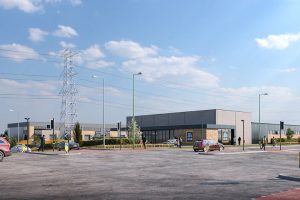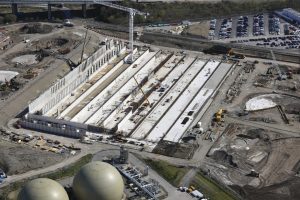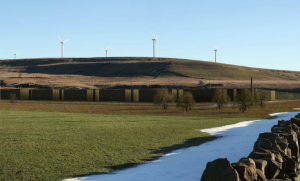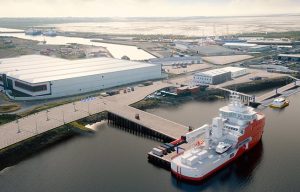Think tank warns North will lose nuclear legacy unless government acts swiftly
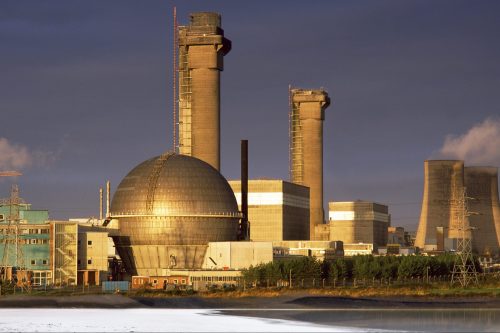
The North of England faces having no operational nuclear power plans by 2030, unless new nuclear projects are launched.
That is the warning from the IPPR (Institute for Public Policy Research) which says that, for 75 years, communities in the North have helped to power the country through nuclear generation.
But it warns this legacy is now at risk of ending in as little as five years’ time.
According to its research, unless new projects are swiftly announced on existing nuclear sites, there will be no operational nuclear power plants in the North of England by 2030, ending a proud tradition that began with the opening of Calder Hall at Windscale in Cumbria, now Sellafield, in 1956.
Eighty per cent of current nuclear generation capacity is set to wind down by 2030. To replace it, the Climate Change Committee estimates that the UK will need to build at least 8GW of new nuclear capacity by 2050.
The IPPR says the Government’s recent activities on nuclear power have been promising, particularly with the recent confirmation that Sizewell C on the Suffolk coast will be approved.
However, while there are already some projects in the pipeline, the Government has no firm plans for new nuclear projects beyond 2035 and no clarity yet about the future of nuclear communities in the north of England.
The new research today highlights how the nuclear industry has a long standing history of creating good jobs with salaries that are often higher than regional averages.
In some communities, jobs in the nuclear sector can often be anywhere between 50 to 100 times more important to the local economy than they are to the national one.
The research highlights the need to develop clear business cases for small modular reactors to meet future demand – such as the Government’s ambitions for AI data centres, decarbonisation, and the creation of good jobs across the country. It also recommends the following:
- Long term nuclear programme: The Government should prepare a detailed nuclear roadmap through 2050, outlining specific projects, technology choices, and timelines, prioritising existing nuclear sites where feasible.
- Workforce plan: A comprehensive workforce strategy should be developed to identify jobs and plan transitions, while giving affected workers at least three years’ notice.
- Supportive policies for workers: Travel and housing subsidies for workers, funding to retrain, guaranteed interviews for new jobs, union access and high health and safety standards.
Joshua Emden, IPPR senior research fellow, said: “Built by the Attlee government and opened by Queen Elizabeth II, Calder Hall kick-started the north’s 75-year legacy of service to our nation through nuclear generation. It is a legacy at risk of ending without swift action.
“Nuclear communities have quietly provided an essential service to our country for decades – with multiple generations playing their part.
“Government have talked a good game on nuclear and its role in Britain’s energy mix and now it is time to really make good on that by setting out a plan to ensure that the workers and communities who have served us are now properly supported in return.”
Chris Batty, operations engineer at the Hartlepool Nuclear Power Station, said: “Nuclear jobs are more than just a job, they’re world class highly skilled careers, livelihoods, and they form part of the identity of a place.
“Losing them would hit those of us who have made careers, homes and families in this industry and undermine the Government’s aim of delivering growth to every corner of the country.”

